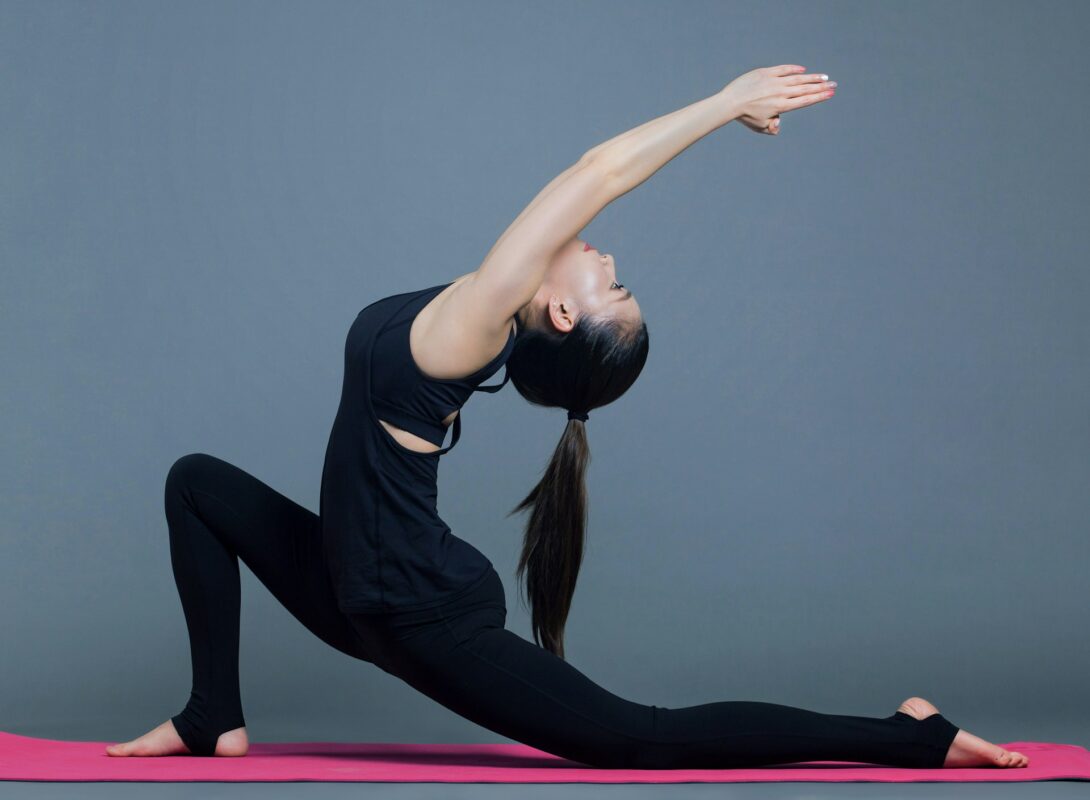
Yoga has become a staple in the lives of many, blending physical fitness with mental tranquility. Whether you’re just starting your practice or are a seasoned yogi, having the right equipment is crucial. From yoga mats and blocks to straps and bolsters, the quality and type of gear can significantly impact your experience. Choosing the right yoga equipment store is essential to ensure you get the best products tailored to your needs. Here’s how to find the perfect store.
1. Understand Your Yoga Needs
Before you start looking for a yoga equipment store, assess your practice needs:
- Beginner or Advanced? Beginners might need basic items like a mat, while advanced practitioners may look for props like yoga wheels or advanced blocks.
- Type of Yoga? For hot yoga, you’ll need non-slip mats and towels, while restorative yoga may require bolsters and blankets.
- Indoor or Outdoor Practice? If you practice outdoors, durable and weather-resistant equipment is a priority.
Identifying your requirements narrows down stores that cater specifically to your preferences.
2. Research Online and Offline Options
Start your search by exploring both online and offline stores.
- Online Stores: These often have a broader selection and competitive prices. Look for customer reviews and detailed product descriptions.
- Local Shops: Visiting a store in person allows you to touch and test the equipment, ensuring it meets your standards.
Consider the pros and cons of both options and decide which suits your shopping style.
3. Check for Quality Assurance
Yoga equipment should be durable and comfortable. Look for stores that prioritize quality:
- Reputable Brands: Stores stocking well-known brands are likely to provide reliable products.
- Material Information: Ensure the materials used are non-toxic, eco-friendly, and safe for daily use. For instance, a high-quality yoga mat is often made from natural rubber or sustainable materials.
- Warranty and Return Policies: A store with clear policies demonstrates confidence in its products.
4. Evaluate Variety and Stock Availability
A good yoga equipment store should offer a wide range of products, including:
- Mats (standard, non-slip, travel-friendly)
- Props (blocks, straps, bolsters, wheels)
- Accessories (yoga towels, bags, water bottles)
- Apparel (breathable and flexible clothing)
Stock availability is equally important. Consistently out-of-stock items may indicate poor inventory management.
5. Assess Customer Support and Expertise
Knowledgeable staff or customer support can make a significant difference. Look for stores where staff can:
- Offer recommendations based on your practice level and goals.
- Explain the differences between products.
- Address your queries quickly, especially in online stores with chat or email support.
6. Compare Pricing and Deals
Yoga equipment comes in a range of prices. While it’s tempting to opt for cheaper options, remember that quality often comes with a cost.
- Transparent Pricing: A trustworthy store provides clear pricing without hidden fees.
- Sales and Discounts: Look for seasonal sales or bundles that offer value for money.
- Loyalty Programs: Some stores provide rewards for frequent purchases, which can be an added benefit.
7. Read Reviews and Testimonials
Customer feedback is a powerful tool when evaluating a store. Look for:
- Product Reviews: Ensure that customers are satisfied with the quality and durability of the products.
- Service Reviews: Positive experiences with shipping, returns, and customer support are indicators of a reliable store.
- Social Media Presence: Check the store’s interaction with its community for insights into its customer care.
8. Look for Sustainability and Ethics
As the yoga community often emphasizes mindfulness and sustainability, many practitioners prefer eco-friendly equipment. Seek stores that:
- Offer products made from sustainable materials.
- Follow ethical production practices.
- Support environmental initiatives.
Choosing an ethical store aligns your practice with your values.
9. Ensure Accessibility and Convenience
Consider practical aspects like location and delivery:
- Location: A local store may be more convenient for quick purchases, while online stores offer the convenience of home delivery.
- Shipping Policies: For online stores, ensure they deliver to your area and offer reasonable shipping fees.
- Accessibility: The store’s website or physical space should be easy to navigate.
10. Trial and Error
Sometimes, finding the perfect store involves trying a few options. Don’t hesitate to experiment with different retailers until you find one that ticks all your boxes. Consider keeping a list of stores that excel in specific areas—one for mats, another for apparel, and so on.
Conclusion
Choosing the best yoga equipment store requires balancing quality, variety, customer service, and ethical considerations. Take time to research, compare options, and align your choices with your practice needs. A reliable store can elevate your yoga journey, providing you with the tools to deepen your practice and maintain your connection to the mat. Happy shopping, and namaste!